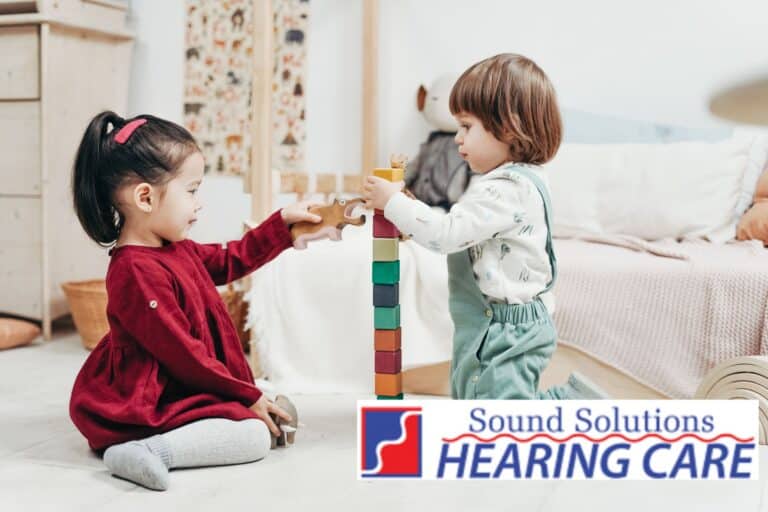Did you know that approximately 2 to 3 out of every 1,000 children in the United States are born with a detectable level of hearing loss in one or both ears? Early intervention can make a world of difference in their developmental journey.
Recognizing hearing loss early can drastically improve a child’s ability to develop speech, language, and social skills. Prompt intervention can pave the way for a robust developmental path, ensuring children reach their full potential.
In this article, you’ll discover the early signs of hearing loss in children, understand the importance of timely detection, learn about treatment options, and get actionable steps and resources to help your child thrive.
Understanding Hearing Loss in Children
Hearing loss in children refers to any degree of impairment that hinders a child’s ability to hear both loud and soft sounds effectively. It may range from mild to profound and can affect one or both ears.
With hearing issues affecting about 15% of children aged 6 to 19, it’s more widespread than many realize. It’s essential to be vigilant and proactive in monitoring your child’s hearing health.
Early Signs of Hearing Loss
**Speech Delays:** Delayed speech development or unclear articulation can be one of the earliest indicators of hearing issues. If your child struggles with pronouncing words or putting sentences together, it might be time to evaluate their hearing.
**Inattention:** Frequent inattention, particularly in noisy environments, or difficulty following conversations could suggest that your child isn’t hearing as well as they should.
**Loud Volumes:** If your child consistently increases the volume on the TV or electronic devices, they might be compensating for hearing difficulties.
The Importance of Early Detection
Untreated hearing loss can severely impact speech, language, and cognitive abilities. Early detection is crucial to mitigate these developmental roadblocks and ensure a smooth learning curve.
Hearing is a vital social tool. Children with untreated hearing loss may find themselves struggling socially, leading to isolation and frustration. Early intervention can prevent these challenges, promoting healthier social development.
Treatment Options
**Hearing Aids:** For many children, hearing aids can significantly enhance their hearing ability. These small electronic devices amplify sound, making it easier for children to engage with their surroundings.
**Speech Therapy:** Speech therapy can provide critical support, helping children improve their speech and communication skills, even when hearing aids are not sufficient.
**Surgical Interventions:** In some cases, surgical solutions like cochlear implants or addressing chronic ear infections might be necessary to restore or improve hearing.
Steps for Parents
**Regular Screening:** Ensure your child undergoes regular hearing screenings—a simple, proactive measure to catch potential issues early on.
**Observing Behavior:** Pay close attention to how your child behaves in different environments. Notice any signs of struggling to hear or communicate.
**Consult Professionals:** If you observe any signs of hearing loss, consult with audiologists for a thorough evaluation and potential treatment plans.
Resources and Support
Many local health departments and clinics offer comprehensive hearing tests for children, ensuring accessible support.
Connecting with other parents through support groups can provide invaluable advice and shared experiences, offering comfort and insights.
Early detection and treatment of hearing loss is not just beneficial—it’s vital. Taking action now can transform your child’s developmental trajectory.



